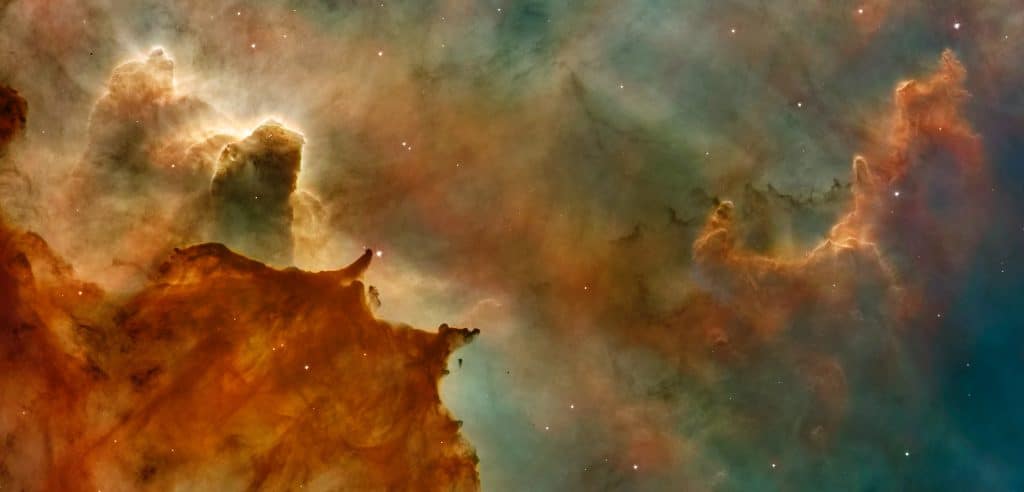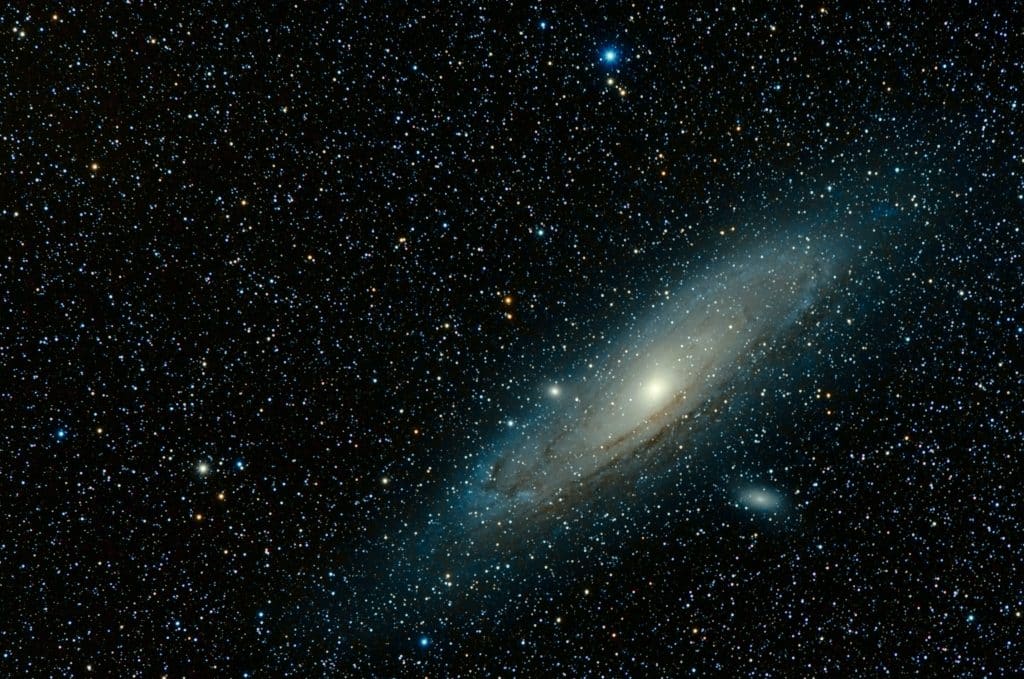If you are new to the world of celestial objects, it is easy to get confused with the proper terminology to use.
When comparing astronomy vs. astrology, it’s important to note that these practices have been around for centuries, and they still hold great power in today’s world. But what are they, exactly? And how can you tell them apart? Keep reading to find out.
Learn in This Article
- What Is Astronomy
- History of Astronomy
- What Is Astrology
- History of Astrology
- Similarities Between Astronomy and Astrology
- Differences Between Astrology and Astronomy
- Our Takeaway
What Is Astronomy
Definition of astronomy is usually referred to as the study of the universe beyond Earth, including the planets, stars, galaxies, and other celestial bodies. Astronomers use various tools and techniques to observe the sky and gather data about the objects they study. This information is then used to better understand the formation and evolution of our universe.
Optical astronomy, or the study of celestial bodies in the visible band, and non-optical astronomy, which is not carried out by optical telescopes, are the two major branches of astronomy.

History of Astronomy
Astronomy is one of the oldest sciences in existence. Humans have been observing the stars and planets since the dawn of time, and our understanding of the universe has grown immensely over time. The first astronomical observations were made by ancient cultures, such as the Babylonians and Egyptians. These early astronomy studies were often used for religious purposes, including predicting the onset of winter or the annual floods.
Not only did the understanding of astronomy increase, but also its importance. Astronomy was used for navigation and timekeeping, and it played a vital role in the development of the sciences.
For example, in 1609, Galileo Galilei made one of the most important discoveries in astronomy when he observed Jupiter’s moons through a telescope. This proved that not all objects in the sky revolved around Earth, as was previously believed.

What Is Astrology
Although the definition of astrology is also related to celestial bodies, its study is more centered on their effect on the people living on Earth. Astrologers use planets and stars’ alignments to make predictions about an individual’s future or advise them on important life decisions.
Even nowadays, many people consult their horoscopes daily to see what the stars have in store.

History of Astrology
Like astronomy, astrology also has a long and rich history. The first astrological observations are thought to have been made by the Babylonians around the 8th and 7th centuries BCE. Like early astronomy, Babylonian astrology was used for religious and ceremonial purposes. Moreover, astrology was thought to predict human affairs, such as the outcome of battles or the fertility of crops.
Astrology later spread to other cultures, including Greece and Rome. During the Middle Ages, astrology experienced a decline in popularity due to the rise of Christianity. However, it made a comeback during the Renaissance, and it has remained popular to this day.
While astronomy and astrology were used interchangeably, the two terms were separated in the 17th century, rejecting astrology as a science.
If you are one of the astrology aficionados, you can check our article on the phenomenon of Lilith.
Similarities Between Astronomy and Astrology
While astronomy and astrology may seem completely different disciplines, they have many similarities.
For example, both astronomy and astrology use the same celestial bodies for their observations. In addition to that, both these studies seek to understand the universe and our place within it.

Differences Between Astrology and Astronomy
Despite their similarities, astronomy and astrology are two very different fields. As already mentioned earlier, it is a fact that astronomy primarily focuses on the study and observation of the galaxies, stars, and planets and the overall understanding of the universe.
On the other hand, the study of astrology explains how the position of certain planets influences the past, present, and future of an individual’s life, making it more abstract.
Astronomy vs. Astrology: Key Takeaways
It’s not a secret that both astronomy and astrology have massively impacted the world as it is today. As technology continues to improve, it is only normal that these studies have largely contributed to making discoveries that changed the way we see our place in the universe.
It’s true that the meaning of astrology and astronomy radically changed since thousands of years ago. However, it is undeniable that both of them still hold incredible power in our society.
Frequently Asked Questions
There is no universal answer to this question, as astronomers have different beliefs about astrology. Some astronomers believe that astrology can be used to make predictions, while others call it a pseudoscience or a ludicrous scam even.
Astrology is thought to have originated in Mesopotamia around the third millennium BCE. It later spread to other cultures, including the Indian, Greek, and Roman civilizations. Later on, astrology entered Islamic culture and returned to Europe through Arabic learning during the Middle Ages.
This is a difficult question to answer. Some people believe that astrology is a science, while others think that it is nothing more than a form of entertainment or pseudoscience, at the very least.
There is no denying that astrology has been used throughout history to make predictions. However, the science behind astrology is still unclear—there is no concrete evidence suggesting this study can come up with valuable theories.
Yes, astronomy is considered a natural science, as it is concerned with the study of the physical world.
Astronomers use telescopes and other observational tools to gather data about the universe and develop its formation and evolution theories. Not to mention, astronomy is also considered a branch of physics, as it studies the behavior of matter and energy in space.
The main difference between astronomy and astrology is that astronomy is considered a science, while astrology is not. Astronomy is concerned with the study of the physical universe, while astrology focuses on the interpretation of the alignments of stars and planets.
Additionally, astronomy uses telescopes and other observational tools to collect data about the universe. At the same time, astrology relies on the positions of stars and planets at the time of a person’s birth.
